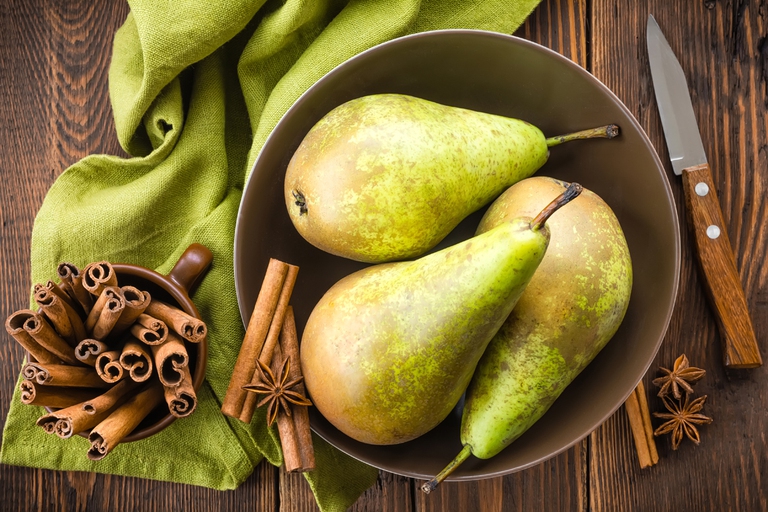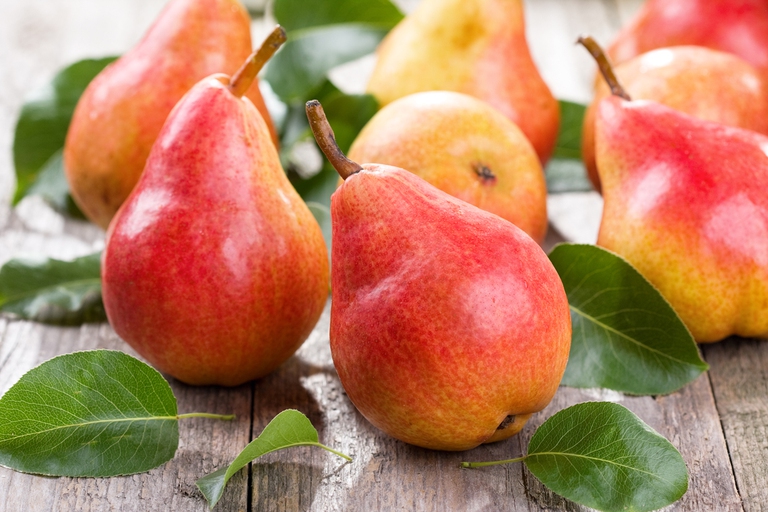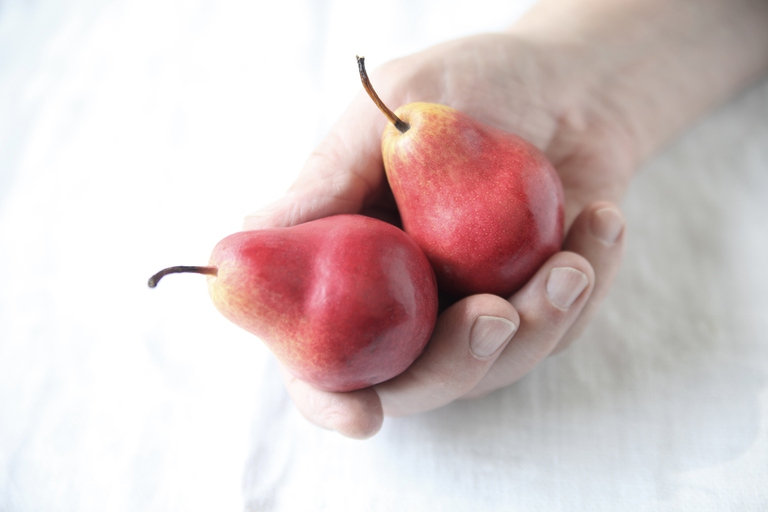
Factory farming conditions and antibiotic-resistant pathogens emerging as a result of them pose an existential threat to humans in the form of zoonotic diseases. Why it’s time to produce and consume food more thoughtfully.
A study conducted by the Lousiana State University reveals that those who eat a pear a day are slimmer than those who don’t do so. This, despite they have the same calorie intake and do the same amount of physical activity.
People who usually eat pears have a lower body weight and are 35% less likely to be obese than those who don’t eat them: this is what a study published in the Nutrition and Food Science journal shows. Research used nine years of data from the National Health and Nutrition Examination Survey obtained from 24,808 participants aged 19 and up.
Researchers found that besides being slimmer, people who eat pears drink less alcohol and smoke less cigarettes than those who don’t consume pears. Moreover, the formers follow a high quality regime rich in fibres and vitamins and low in fats and added sugar. This was despite both groups of people had the same calorie intake and did the same amount of physical activity.
“The association between pears and lower body weight is very exciting”, Dr Carol O’Neil of the Louisiana State University Agricultural Center said. “We believe fiber intake may have driven the lower body weights that were seen in this study because there was no difference in energy intake or level of physical activity found between the fresh pear consumers and non-consumers.”
Since pears are very high in fibres, they boost digestion and make you feel full for longer periods, helping you to lose weight. Studies also shows that the fibres taken while eating a pear every day can help reduce the odds of developing heart conditions, type 2 diabetes and tumours.
Siamo anche su WhatsApp. Segui il canale ufficiale LifeGate per restare aggiornata, aggiornato sulle ultime notizie e sulle nostre attività.
![]()
Quest'opera è distribuita con Licenza Creative Commons Attribuzione - Non commerciale - Non opere derivate 4.0 Internazionale.
Factory farming conditions and antibiotic-resistant pathogens emerging as a result of them pose an existential threat to humans in the form of zoonotic diseases. Why it’s time to produce and consume food more thoughtfully.
The world of cinema recognises the link between food choices and the climate crisis by offering vegan menus for awards season events, including at the most important of them all: the Oscars.
Let’s look at the reasons behind the growth of veganism in India, as a small yet vocal section of the population turns towards this diet and lifestyle in the largest milk producing country in the world.
by Jeffrey Y. Campbell, Manager of the Forest and Farm Facility at FAO In the Ecuadorian Amazon, Kichwa farmers grow dozens of products on tiny parcels of land. Their lands hum with biodiversity, yielding nutritious foods that have sustained families for generations. Wandering among fruit and nut trees and crops, these indigenous agroforesters fill their baskets
Mint has many health benefits, but in food it’s often accompanied by artificial green colourings. Instead, Galatea has created a green mint ice cream in a completely natural way.
We’re talking about Galatea, a company that produces semi-finished products for artisanal ice creams using high quality ingredients, natural colouring, excluding thickeners and hydrogenated fats, respecting the environment and supporting the less fortunate.
The mad rush to fake food, like fake meat made with genetically-modified soy, ignores the importance of the diversity of our foods and culinary cultures. It’s a recipe to accelerate the destruction of the Planet and our health.
Like with all foods, the quality of an ice cream can be discerned by reading its label. An expert explains how to do this, and tells us how their company steers clear of chemicals, using only natural ingredients to produce an excellent and “free” ice cream.
Quality ingredients, no artificial colouring and hydrogenated fats. These are the main features of a great ice cream. But what makes an ice cream parlour “good”, i.e. sustainable?










